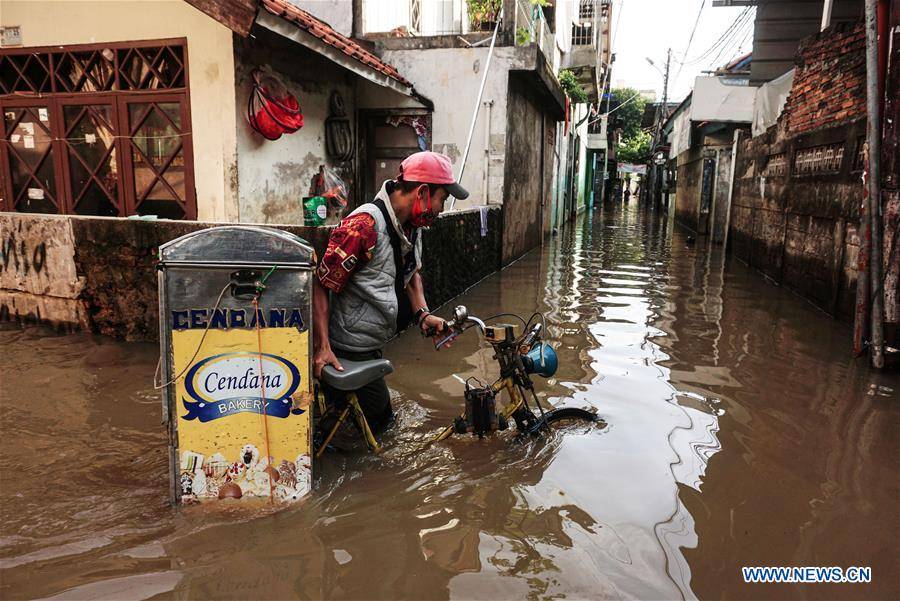Deadly Landslides and Flash Floods Strike Indonesia’s Java Island
Tragedy has struck Indonesia’s Java island as deadly landslides and flash floods wreak havoc, leaving communities devastated. Torrential rains triggered the natural disasters, which have claimed lives, displaced families, and caused widespread damage to infrastructure.
The Impact of Nature’s Fury
The disaster, which unfolded over the past few days, has resulted in the deaths of several individuals, with many more reported missing. Thousands of residents have been forced to evacuate their homes as floodwaters submerged villages, destroyed homes, and swept away possessions. The local authorities have deployed search and rescue teams to find survivors and provide immediate assistance to affected families.
In one of the worst-hit areas, landslides buried entire neighborhoods under tons of mud and debris, making rescue operations exceedingly challenging. The combination of unstable soil and relentless rain has hindered the ability to reach those trapped, raising concerns about the final toll of the disaster.
A Vulnerable Region
Java, Indonesia’s most populous island, is highly susceptible to natural disasters, including floods and landslides, due to its tropical climate and hilly terrain. Deforestation and poorly managed land use have further exacerbated the region’s vulnerability, leaving communities exposed to the devastating impacts of heavy rainfall.
Climate change has also played a significant role, contributing to increasingly erratic and intense weather patterns. Experts warn that such disasters are likely to become more frequent and severe, underscoring the urgent need for sustainable development practices and robust disaster preparedness.
A Call for Support
The Indonesian government, along with local non-governmental organizations and international agencies, is working to provide aid to those affected. Relief efforts include distributing food, clean water, and medical supplies, as well as setting up temporary shelters for displaced families. However, the scale of the disaster has overwhelmed resources, prompting calls for additional support from the global community.
The Path Forward
As the immediate crisis unfolds, the focus will soon shift to recovery and rebuilding. Authorities must also address the root causes of such vulnerabilities, including environmental degradation and insufficient disaster mitigation measures. Strengthening infrastructure, reforestation programs, and public awareness campaigns will be critical in reducing the impact of future calamities.
This tragedy serves as a sobering reminder of the urgent need for global action to combat climate change and invest in resilient communities. For now, all eyes are on Java, as the region begins the painful process of healing and rebuilding in the aftermath of nature’s wrath.


